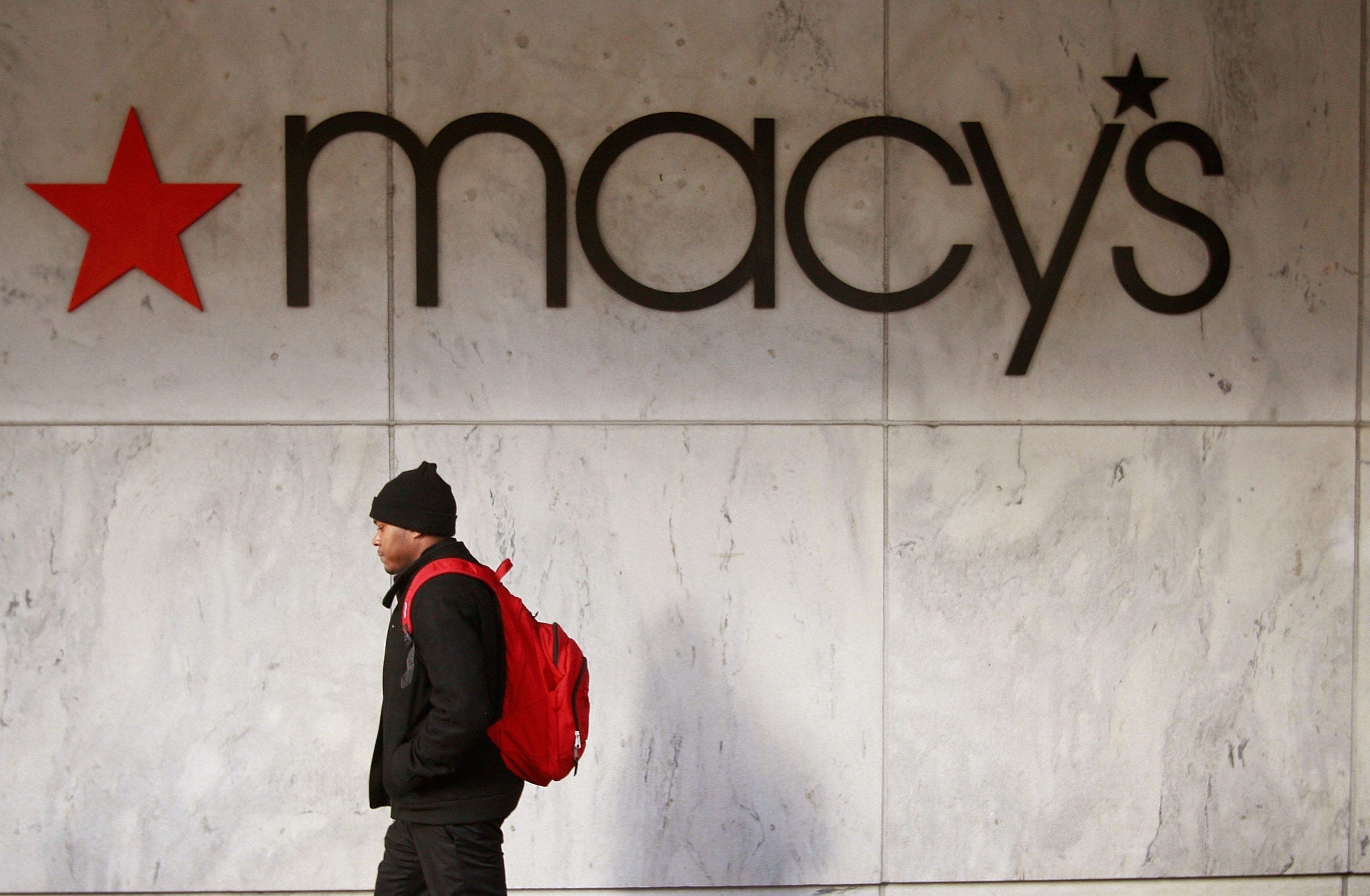
- Macy’s will commit at least 15% of its shelf space to Black-owned businesses, it announced on Wednesday.
- It is signing the “15 Percent Pledge,” already adopted by retailers including Sephora, Vogue, and Rent the Runway.
- Macy’s also unveiled other diversity measures, such as Black designer collaborations within its private labels.
- Macy’s said it hoped to “drive transparency and accountability” in the retail industry.
- Visit Business Insider’s homepage for more stories.
Macy’s will devote 15% of its shelf space to Black-owned brands, it announced in a presentation to investors on Wednesday.
The department store chain would take the “15 Percent Pledge,” a grassroots project that lobbies major retailers in the US, it said. The pledge reflects the fact that Black people make up around 15% of the country’s population, but are under-represented on stores’ shelves.
Other retailers already signed up include Sephora, Vogue, and Rent the Runway.
Macy’s didn’t state a timescale for fulfilling the pledge, but said it will hold a workshop about the initiative in April 2021.
The pledge would complement its existing “Workshop” project, a training scheme to educate women- and minority-owned brands on how to grow their businesses, it said. So far, 125 businesses have taken part in the project, and some of them have since become Macy’s suppliers.
The retailer also unveiled a range of other diversity and inclusion measures for the coming year. In November, it would publish its supplier diversity spend, it said, which shows how much it spends on goods from businesses owned by LGBTQ+ people, women, people from ethnic minorities, and veterans.
Macy's last published this data in 2018, when it said it had purchased goods totalling $937 million from these businesses.
It would also feature Black designer collaborations within its private labels, and would publish annual diversity and inclusion goals in the spring, which it hoped would "drive transparency and accountability" in the retail industry, it said.
